Heath Information Technology Commission Report - Fy2010 Appropriation Bill - Michigan Department Of Community Health Page 58
ADVERTISEMENT
o Allow the individual’s health information to be shared through the MiHIN, unless
and until the individual decides to “opt out”. (and explains what the consumer will
be opting out of)
o Allow exceptions for the following:
“Break the glass” in case of a medical emergency
Public health reporting (only for legally permissible information)
One-to-one or direct transfers (movement of data via the MiHIN Shared
Services that do not utilize the RLS functionality- or in other words,
where data is being pushed out, rather than pulled in.)
o Require additional information be added to the NPP of all participating providers.
o Policy guidance calls for educational materials to be created and made available
to consumers in a variety of media in plain English.
Access- this policy will govern how and when PHI will be accessed.
Authentication- this policy will govern how users are verified to be who they say they are.
Authorization- this policy will govern the process for determining if the user has the right
and ability to access the information they are requesting.
Audit- this policy will govern the requirements for oversight and keeping logs of who has
accessed information and when they accessed it.
Breach- this policy will govern how HIEs will respond to breeches of health information.
The HITECH amendments to the HIPAA Privacy Rule offer very specific guidance on
reporting and these will be incorporated into the MIHIN policy.
4.5.7 Interstate Communication
In order to facilitate communication with other states, the MiHIN Shared Services will continue to
build on the relationships it has formed with other states during the HISPC project. Michigan
was one of 42 states and territories that worked in concert for 3 years, co-chairing two of the
seven HISPC multi-state collaborative Workgroups.
Additionally, the MiHIN Shared Services will to leverage its participation in other interstate
activities, including the Great Lakes Border Health Initiative (GLBHI), which includes Ohio,
Indiana Pennsylvania, Minnesota, New York and Wisconsin. The GLBHI is focused on
addressing public health concerns, the NGA’s work on the State Level Health Information
Exchange and active participation in HIMSS.
Over several decades, states have passed laws to protect the privacy of health information.
These laws differ from state to state and often narrowly target a particular population, health
condition, data collection effort, or specific types of health care organizations. As a result, states
have created a patchwork of privacy protections that are not comprehensive or easily
11
understood.
11. Office of the National Coordinator for Health Information Technology. Nationwide Privacy and Security Framework for
Electronic Exchange of Individually Identifiable Information. Washington, DC, December 15, 2008.
MiHIN Strategic Plan
Page 52
ADVERTISEMENT
0 votes
Related Articles
Related forms
Related Categories
Parent category: Legal
 1
1 2
2 3
3 4
4 5
5 6
6 7
7 8
8 9
9 10
10 11
11 12
12 13
13 14
14 15
15 16
16 17
17 18
18 19
19 20
20 21
21 22
22 23
23 24
24 25
25 26
26 27
27 28
28 29
29 30
30 31
31 32
32 33
33 34
34 35
35 36
36 37
37 38
38 39
39 40
40 41
41 42
42 43
43 44
44 45
45 46
46 47
47 48
48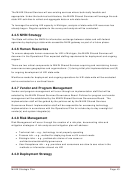 49
49 50
50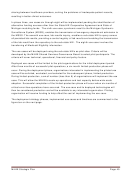 51
51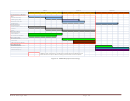 52
52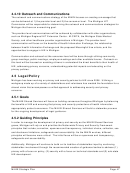 53
53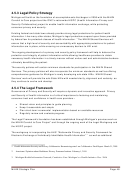 54
54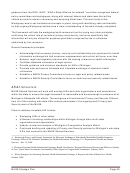 55
55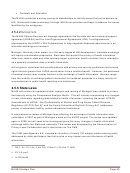 56
56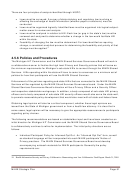 57
57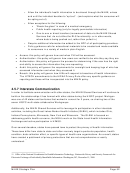 58
58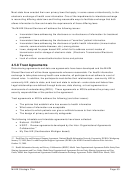 59
59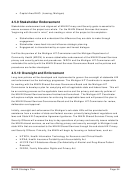 60
60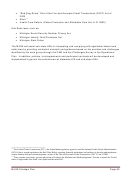 61
61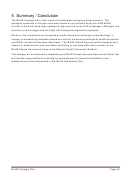 62
62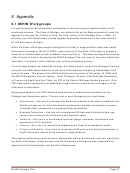 63
63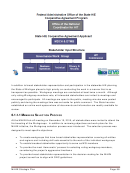 64
64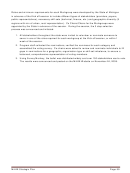 65
65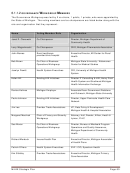 66
66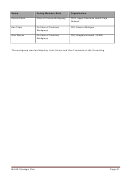 67
67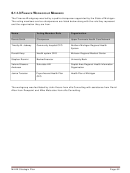 68
68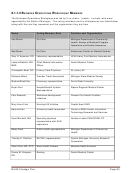 69
69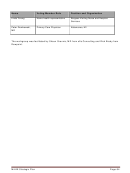 70
70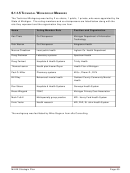 71
71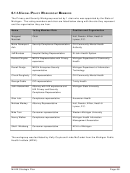 72
72 73
73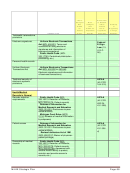 74
74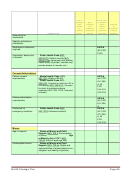 75
75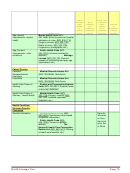 76
76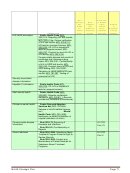 77
77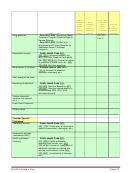 78
78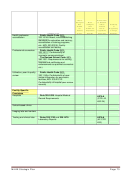 79
79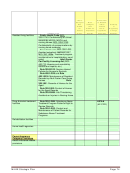 80
80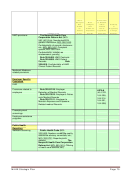 81
81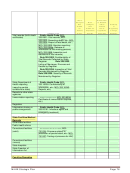 82
82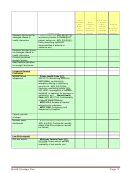 83
83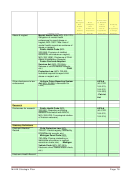 84
84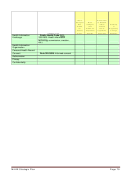 85
85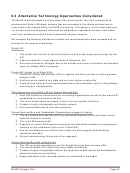 86
86 87
87








